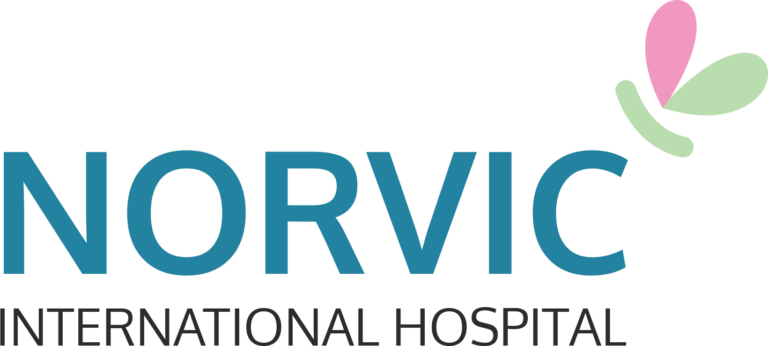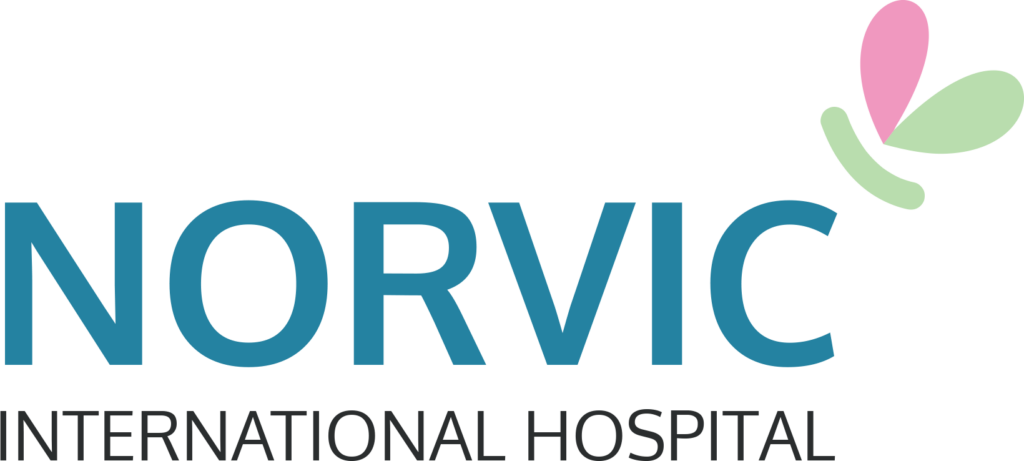Prevention of Heart diseases and heart attack, World Heart Day

“ONE WORLD ONE HOME ONE HEART”
Prevention Of Heart Diseases

Dr Shivaji Silwal
MBBS, MD, CARDIOLOGIST
Norvic International Hospital
Foods that Enhance Heart Diseases
There are 69 different cultural and linguistic groups, also known as ethnic groups, living in different regions of the country. They live under different diverse geographic and environmental orientations. Each ethnic group has its own unique food habit. Nevertheless, most Nepalese eat roasted spicy chicken, mutton, buff and pork. Momo (dumplings filled with minced meat) which is usually a buff one has become a popular afternoon snack. Majority of the people in cities and towns eat Sekuea (grilled meat), Sukuti (spicy dried meat), Choyla (grilled/roasted spicy meat) in their evening meal. These dishes are usually made from mutton, duck, chicken, buff, wild pork, In addition to meat items, people also eat butter naan ,tandoori roti ,cheese naan ,aloo naan , biryani & rice, rice served with ghee, crisp puffed puri, paneer pakoras, samosa chana, lamb in spicy souse ,kadahi lamb. In the mountain areas, some ethnic group people use the fresh blood of yak as medicine. People eat milk products such as yak-cheese and butter, ghee directly. These-days, especially in business cities, people eat excessive amount of various junk foods such as yogurt/curd, popular creamy curd, milk lassi /salty /sweet lassi as appetizers and rasmalai, kheer (rice pudding), rasgolla, galub jamun, , gol goppas, kulfi, etc as dessert items.
On various occasions and gathering, people drink Rakshi (home-made alcohol), Thon (Newari) or Chhyang (Tibetan) – the milky white beer/liquor made from fermented rice. In the hills, people drink Tongba (local drink made by pouring hot water into a pot containing fermented millet).
In addition to food and drinks, smoking and chewing tobacco also increase risk of heart disease. The increased risk is due to nicotine which narrows the blood vessels, forcing heart to work harder thereby increasing blood pressure and elevating heart rate.
Some Important Preventive Measures to Minimize the Risk of Heart Diseases
Eating Heart-Healthy Foods
One recommended measure is the Dietary Approaches to Stop Hypertension, known as the DASH diet. DASH diet is a special eating plan that can effectively lower risk of heart disease and improve overall heart health.
- Avoid eating high fats and cholesterol diet as it increases blood pressure and elevates the risk of developing heart disease
- Decrease the intake of foods such as red meats, full-fat dairy products, palm oils, fried foods, packaged foods, margarine, and processed baked goods that contain these type of fats.
- Increase intake of food which contain Omega-3 fatty acids, a healthy type of polyunsaturated fat, as it offers protection from heart disease. It can be found in foods such as salmon and mackerel; flaxseed, walnut and canola oil and in certain vitamin and mineral supplements.
- Increase the daily consumption of fruits and vegetables . The healthy plant substances found in fruits and vegetables can help prevent heart disease. They are an excellent source of fiber and contain several healthy nutrients that can help regulate blood pressure and improve overall heart health.
- Replace refined grain products with whole grain products. Choose whole-wheat flours, 100% whole grain bread, high-fiber cereal, whole grain pasta, steel-cut oats, brown rice and barley.
- Stay away from white or refined flours, white bread, frozen waffles, biscuits, corn bread, egg noodles, granola bars, high-fat snacks, quick breads, cakes, pies, doughnuts and buttered popcorn.
It is important to note that not only what is eaten but also how much is eaten is an important factor in improving overall heart health.
Substituting with better drinks
If drinks cannot be avoided during certain occasions and gatherings, the hard drinks can be substituted by soft drink such as red wine. Many research works published in Journals have shown that something in red wine appears to help heart problems. many doctors agree that it could be possible that antioxidants such as flavonoids or a substance called resveratrol are beneficial to heart-health. Many researches havesuggested that specifically prepared red wine is beneficial to heart health. The cardioprotective effect has been attributed to antioxidants present in the skin and seeds of red grapes. Scientists believe the antioxidants, called flavonoids, reduce the risk of coronary heart disease in three ways by:
- reducing production of low density lipoprotein (LDL) cholesterol (also know as the “bad” cholesterol),
- boosting high density lipoprotein (HDL) cholesterol (the good cholesterol), and
- reducing blood clotting.
Furthermore, consuming a glass of wine along with a meal may favorably influence lipid profiles following that meal.
Physical Exercise to Lower the Risk of Heart Diseases
- Maintain BMI – do some physical activity regularly, minimum of one hour per day to maintain body weight. The BMI should be between18.5 to 24.5 for a normal health. Physical exercise not only lowers the risk of heart disease, but also indirectly lowers the chances of having heart disease, maintain cholesterol level, blood pressure, blood sugar and decrease stress levels.
- Practice laughing – Laughing lowers blood pressure, heart rate, and stress.
- Maintain waist girth – A measurement of waist 40 inches or above for men and 35 inches or above for women is considered as overweight. Because abdominal fat is especially dangerous and associated with risk of heart disease, waist circumference measurements are an effective tool in weight management.
It is important to note that physical exercise can be done anywhere. If comfortable ground is not available, one can go up and down in the stairs of one’s own home.
Schedule Health Screenings
- Monitor blood pressure regularly, a minimum of every three months, cholesterol levels checked every year (from the age of 20). If cholesterol levels are not within the normal range, more frequent screenings may be necessary. Person with other risk factors for heart disease may require yearly cholesterol checks.
- Check blood sugar if one’s family history is positive for diabetes (between the ages of 30 and 45) every 3 to 5 years.
- Have enough sleep, 7-8 hours of sleep each night.
Precautions for Heart Disease
Heart disease is a serious medical condition that if left untreated can be fatal. Contact your doctor immediately if you think you may be at risk for heart disease or other conditions such as high blood pressure, high cholesterol levels or diabetes that increase your risk of developing heart disease. In extreme case, one can get a heart attack. During a heart attack, symptoms typically last 30 minutes or longer and are not relieved by rest or oral medications. Initial symptoms may start as a mild discomfort that progress to significant pain.
Symptoms of a heart attack
- Discomfort, pressure, heaviness, or pain in the chest, arm, or below the breastbone.
- Discomfort radiating to the back, jaw, throat, or arm.
- Fullness, indigestion, or choking feeling (may feel like heartburn).
- Sweating, nausea, vomiting, or dizziness.
- Extreme weakness, anxiety, or shortness of breath.
- Rapid or irregular heartbeats.
Some people have a heart attack without having any symptoms, which is known as a “silent” myocardial infarction (MI). It occurs more often in people with diabetes.
If you think you are having a heart attack, DO NOT DELAY. Call for emergency help, contact your doctor at Norvic International Hospital where we have a team of best caridologists in Nepal with top facilities for treating your disease. Immediate treatment of a heart attack is very important to lessen the amount of damage to your heart.
You can take Aspirin during a heart attack. After you call other emergency services, chew Aspirin 300 mg if you are not allergic to aspirin and if there is no other reason that you cannot take aspirin. Aspirin slows blood clotting, so a blood clot that is causing the heart attack stays smaller.
THANK YOU
Dr Shivaji Silwal


